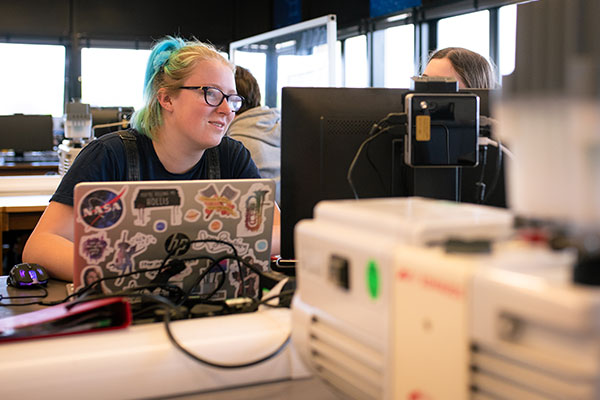| Length | Start dates (semester dates) | |
|---|---|---|
| PhD |
3 years full-time |
January |
| PhD by distance learning |
3 years full-time |
January |
A PhD in Engineering allows you to delve deep into research which combines creativity, innovation and sustainability.
In the School of Physics, Engineering and Technology, we focus on diverse research themes, from groundbreaking discoveries to translational research. Collaborating with leading academics, you can hone your skills and gain an understanding of modern industrial practices.
Your research
As a postgraduate researcher, the focus of your work will be an independent research project. You will work with leading researchers, while gaining valuable skills through an integrated training programme in research methods.
You'll have access to advanced taught courses to help you develop the knowledge and skills needed to conduct your research.
Your research will culminate in a thesis and oral examination. Your thesis should effectively, clearly and concisely communicate the research question, methodology, results, analysis, and conclusions, with quality and depth appropriate for your PhD in Engineering degree.
Research projects
Our academics are working on a wide range of projects suitable for research students to join.






